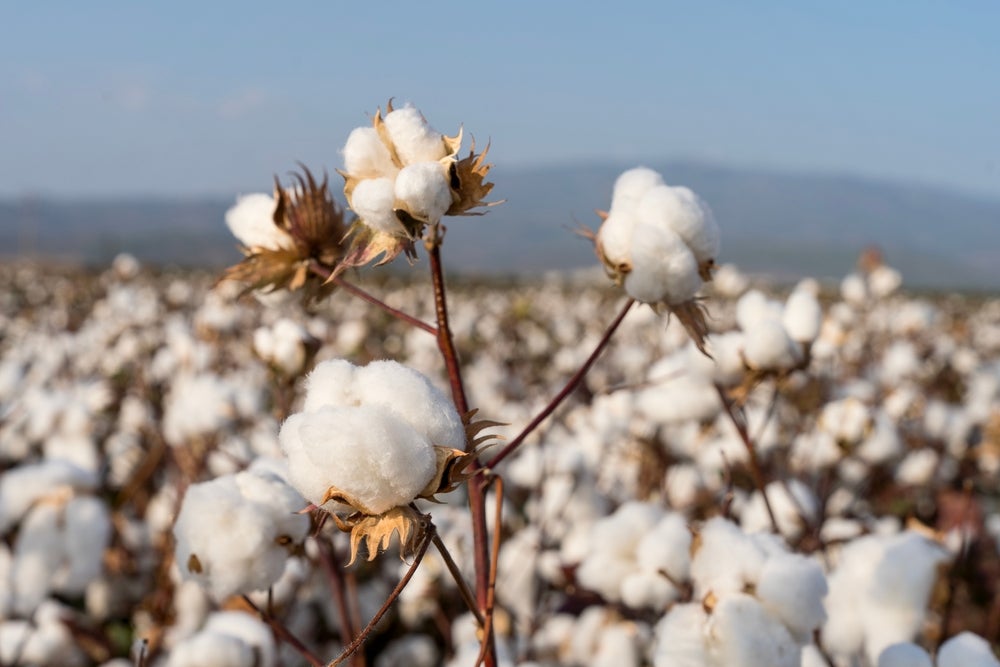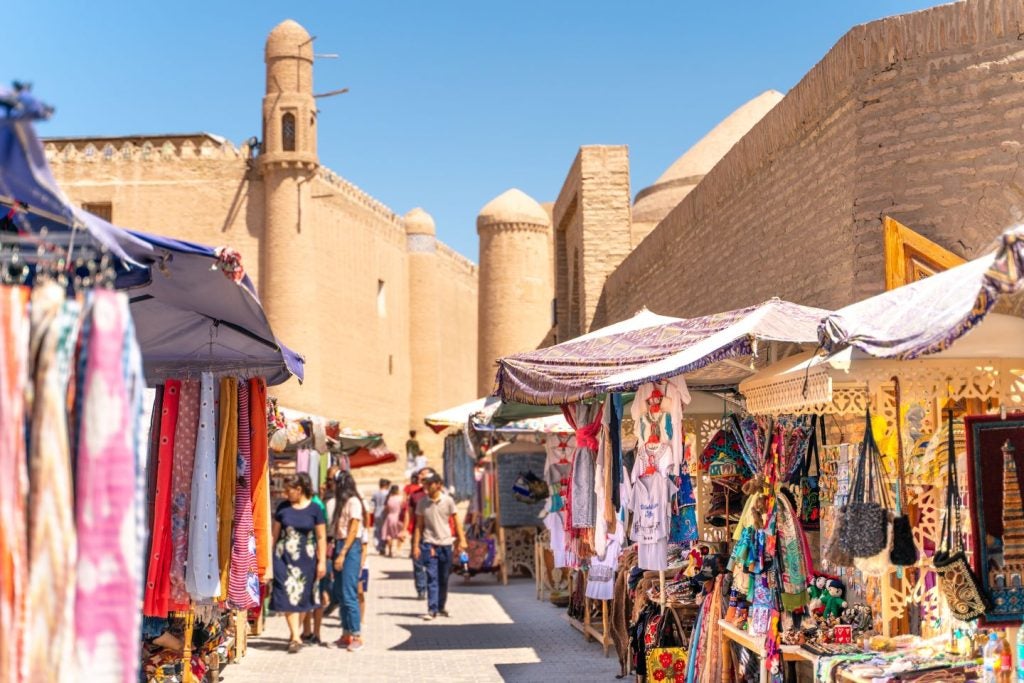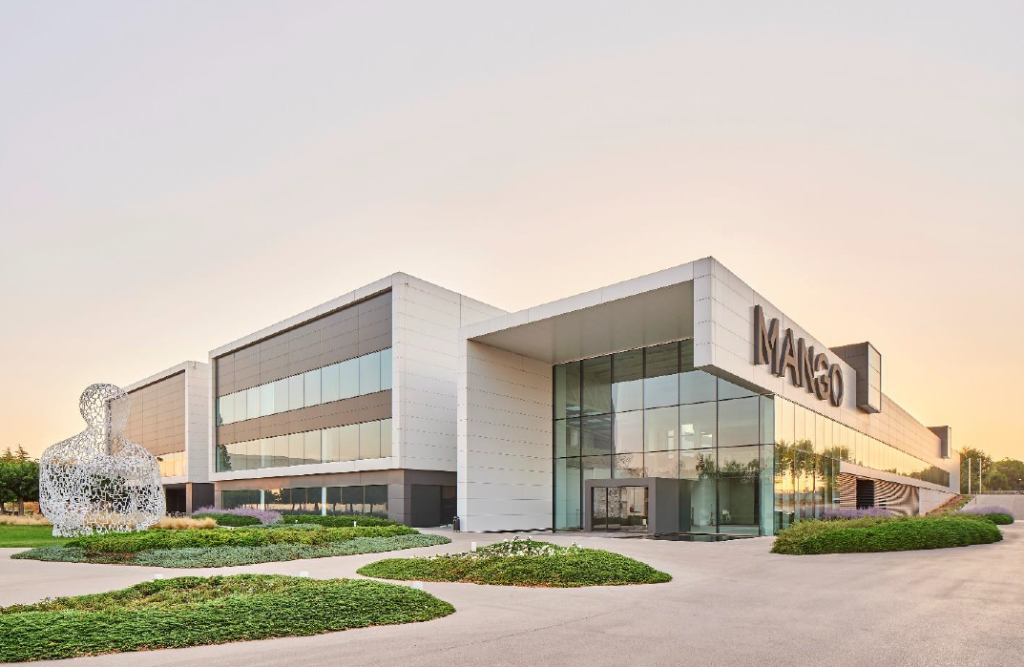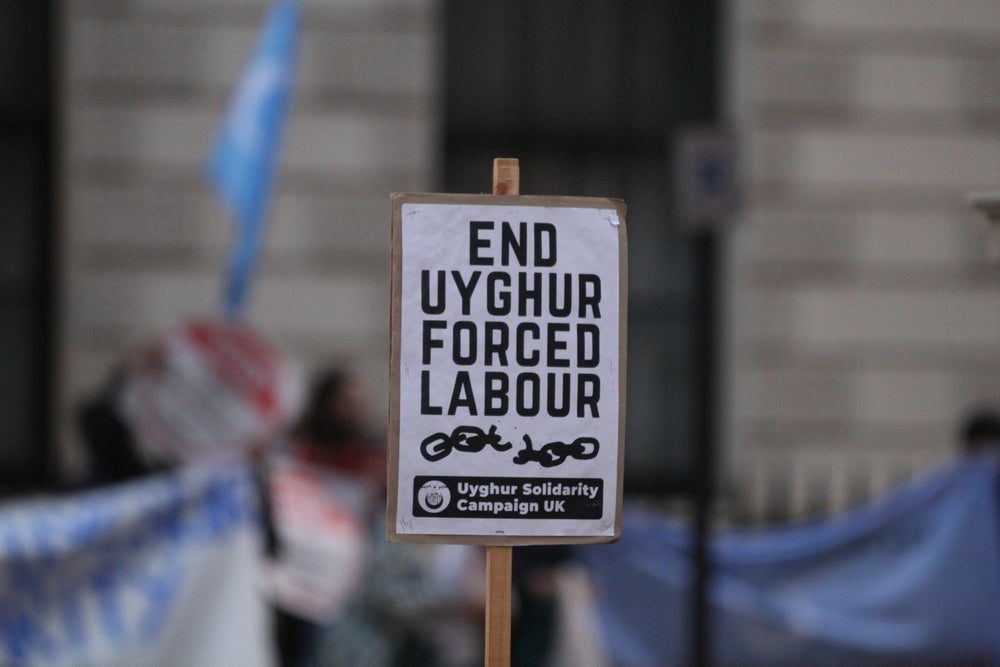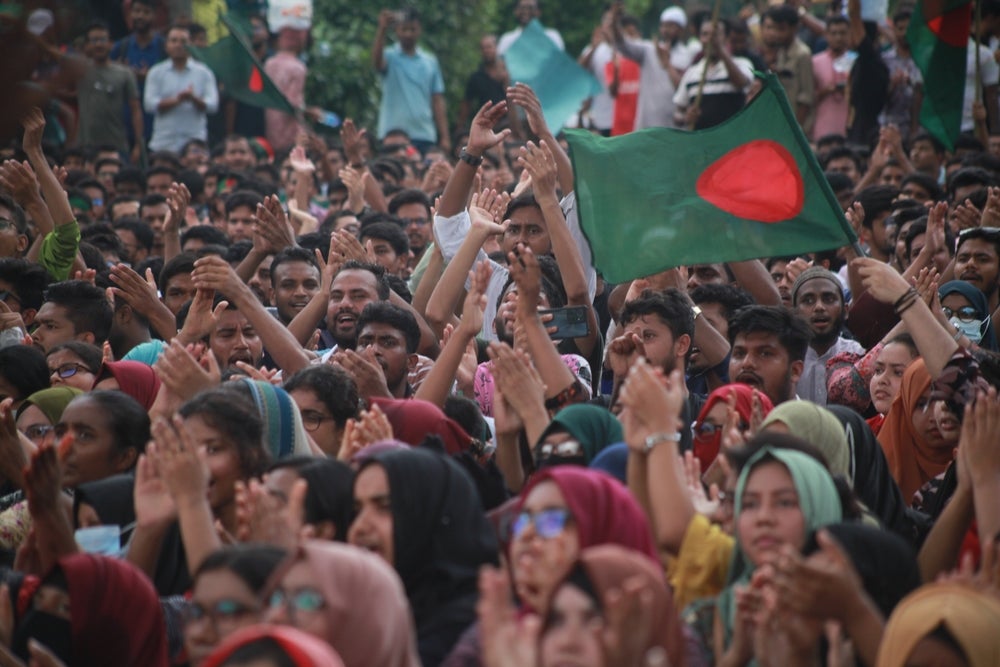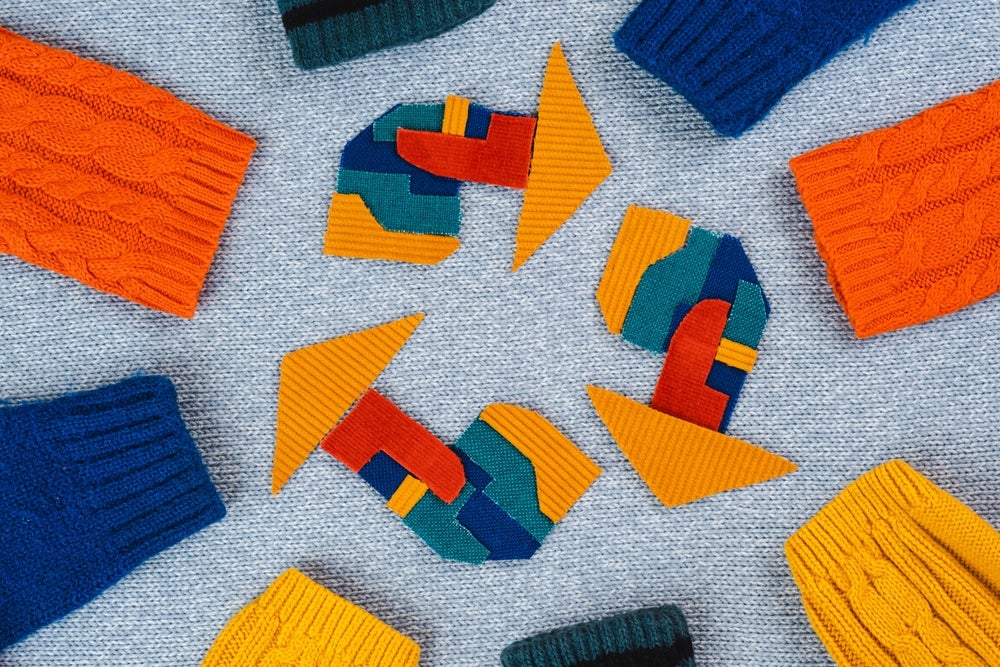Better Cotton CEO Alan McClay explained that as the "world's largest" cotton sustainability initiative, the goal has been to drive significant, lasting impact by supporting the production of more "equitable and sustainable" cotton.
He believes that as part of this commitment, Better Cotton started the journey to become a certification scheme, ensuring that it meets new and emerging legislative requirements while maintaining a robust and credible standard.
According to McClay, third-party certification bodies are essential to bolstering credibility and amplifying the "good work" of cotton farmers globally.
He is confident that this transition to certification, combined with evolving traceability capabilities, will not only strengthen the value chain but also increase demand for more sustainable cotton.
This would also culminate in a new product label, enabling Better Cotton's network of retailers and brands to showcase their commitment to sustainable cotton production.
The goal, as Better Cotton emphasised, is to catalyse the entire sector from farm to consumer, supporting continuous improvement, and advancing the lives of cotton farmers worldwide.
Better Cotton is urging active engagement from all members across the supply chain for the success of this transition.
Moreover, in the coming weeks and months, Better Cotton shared it will conduct public consultations on some of the changes to its assurance approaches and provide updates to its Chain of Custody and Claims Framework.
McClay said: "In just 15 years, we have aligned more than a fifth of global cotton production with our standards by balancing rigorous assurance with an adaptable framework that works for farmers in various contexts.
"Our commitment to continuous improvement is a cornerstone of our strategic plans. That’s why our approach has always been about balancing robust assurance with fair costs for farmers and members."
In July, Better Cotton made a series of appointments to its Council which included some major brands and organisations from across the apparel value chain such as the international not-for-profit Solidaridad.


